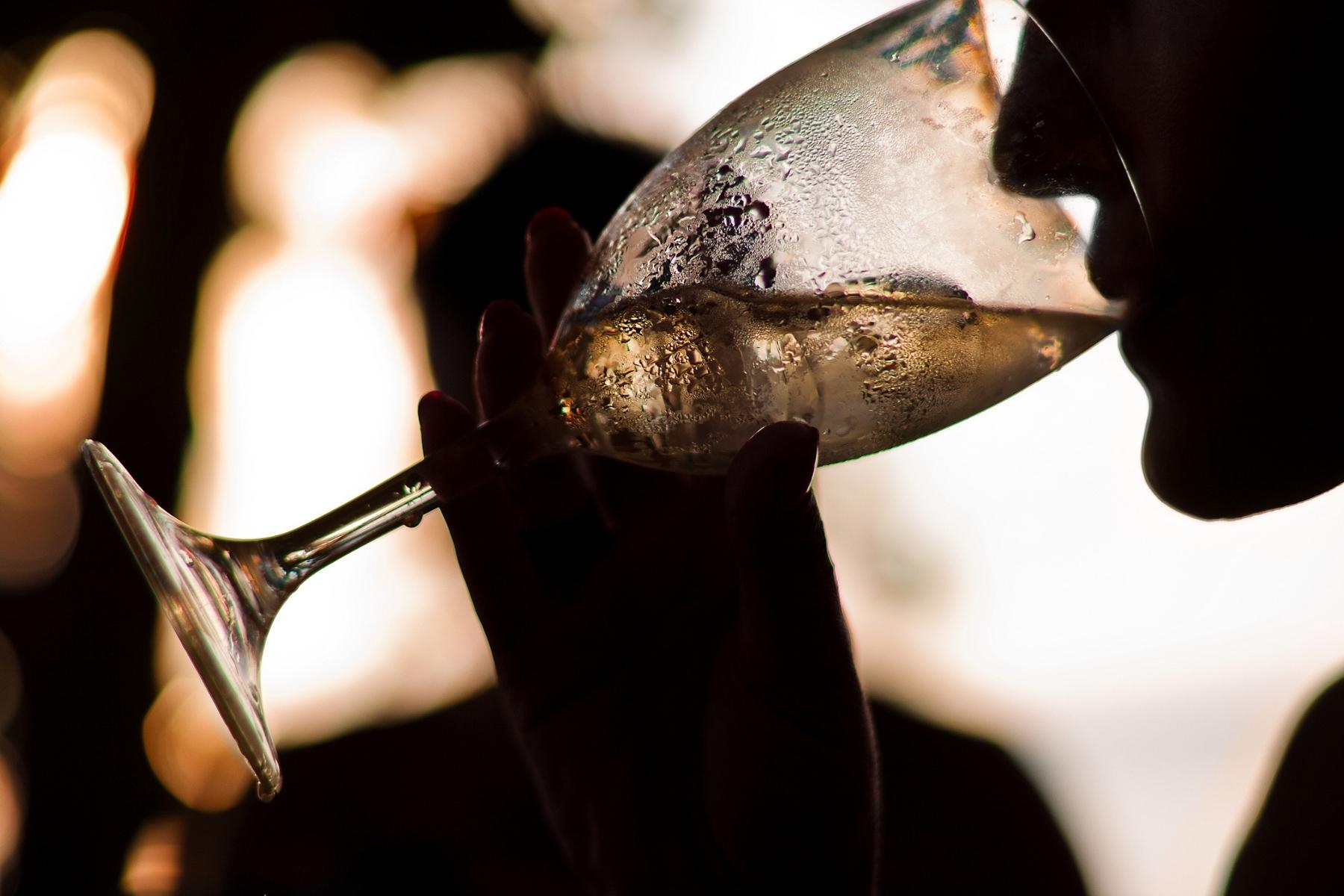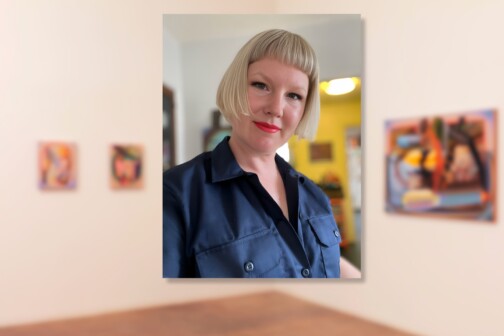The American Court of Master Sommeliers announced last week that it was removing the highest-ranking title of master sommelier from six men following investigations into accusations of sexual harassment and misconduct. One of those men is Dallas wine professional Drew Hendricks, who co-founded TEXSOM, the Dallas-based international wine awards competition and conference that features a sommelier training camp.
This detail was first reported by the San Francisco Chronicle and also covered Friday by the Dallas Morning News. It makes a national topic local, but it is also the culmination of a series of actions that have unfolded in the last year.
In October 2020, the New York Times’ Julia Moskin broke a story about the experiences of numerous women who came forward to expose high-ranking male figures they said had assaulted and harassed them. The implications were far-reaching; it was the tip of a vast iceberg. The wine world was shaken. I, too, was horrified.
A week later, we published a piece on the women in the Dallas wine scene who had been affected, either directly or peripherally, by a toxic culture. Some had been assaulted as they sought mentorship and education through the prestigious title-granting body. Others’ career arcs had been affected by a more broadly entrenched environment of misogyny. Two of the women in the Times story were Dallas-based sommeliers, and I spoke with numerous others. At the time, the subject was raw.
To become a master sommelier requires years of study that entails three levels of certification that culminate in a coveted diploma and title. Between the third level of certification and the earning of the diploma, candidates may spend multiple years and fail more than once before succeeding. All along the way, mentoring and opportunities to practice blind tastings are key. The title opens professional doors and clinches status in a wine world still dominated by such status. But elitism, abuses, and a dangerous coterie atmosphere also appeared to be rife. To upend that system requires courage.
The women were reeling. Many said they were concerned that sharing their stories so publicly could close the doors that they had spent years trying to open. One Dallas source’s attorney asked that we strike her comments, concerned that speaking out in such a delicate atmosphere could jeopardize her claims and her future. Another began considering an alternative to having to seek approval from the elite title-granting institution and also asked not to be included, afraid that being involved with the volatile subject and speaking on the topic might have negative repercussions.
The goal was to “counter the image of the snooty sommelier who looks down on you, because you’re drinking natural wine and someone’s not. Or you don’t know certain appellations.” But that snootiness from the top had had trickle-down effects, endorsing a far more poisonous culture that placed prestige—and power—in the hands of select groups. The idea, for women like her, was to create an environment that was healthy.
Those who were uncomfortable being quoted were not.
Meanwhile, the women who were comfortable going on record were seeking to take back the narrative: to assert that nodes of power had to be reassessed, and that abuses could not be part of their battles to achieve professional success.
Courtney Keeling, a former sommelier at Town Hearth who now works in distribution, was one of the women who came forward in the New York Times article. Last year, in quotes not used in our story, she spoke of the difficulties of coming forward and the pushback she faced from those with a laissez-faire attitude of permissiveness.
When she spoke of what she says happened to her, the frequent response she received was something like, “’What will happen to the man? ‘Oh, he’s so smart, and he has such a future. You’re gonna ruin this man’s career.’
“Well, he should have thought of that,” she countered. “That’s not on me.”
“That’s not really how I saw my future going,” she said, elaborating on coming forward with her fellow women sommeliers. “I want these men to know that there are consequences. Let’s change the narrative.”
One of those men was Hendricks. At the time, I focused on the women as they were starting to have their voices heard. We did not, at the time, investigate Hendricks. But now we see the consequences from his actions.
“I was the only woman coming forward about a man in my city,” Keeling had told me. “I now work in distribution. We have the same clients. I knew that sharing this story was going to rock a lot of people.”
A year later, the repercussions have now been made public. In addition to Hendricks, the other five other master sommeliers stripped of titles and removed from the Court of Master Sommeliers are Robert Bath, Fred Dexheimer, Joseph Lindler, and Matt Stamp, all men who have held prominent positions in the Court of Master Sommeliers, and Fred Dame, who co-founded the Court.
TEXSOM, which just wrapped up its conference over the weekend, severed ties with Hendricks last year. “That Friday after the article came out, I consulted a lawyer and [told Hendricks that he] and I would not continue together,” says James Tidwell, who co-founded and now owns TEXSOM.
The conference and sommelier camp serve as places where those seeking advanced degrees can practice blind tastings and sit for exams. As such, it is intimately tied to the workings of the title-granting bodies. (Along with wine-writing professionals such as Texas Monthly contributor Jessica Dupuy, I myself have been a writing mentor for the sommelier camp, helping sommeliers write wine critiques and descriptions as part of their training.)
However, “the entire conference industry needs to look at what we’re doing,” Tidwell says. “We have to back up and say, ‘What is the cause?’ And part of the cause, and, truthfully, much of the wine world, operates in a liminal space”—the spaces of travel, hotels, and airports, anonymous spaces.
“How do I change that?” Tidwell says. “How do I create boundaries? How do we bring conferences into boundaries?”
Because “women have to enter that space. So do people of color. So do LGBTQ+ people, and all of those groups have encountered various forms of harassment and discrimination.”
“When I see the reckoning, and especially the New York Times article, I think it made TEXSOM what it needed to be,” beginning a reshaping that he hopes will permeate other wine-centric institutions.
New this year are TEXSOM’s code of conduct revision and a reporting hotline operated by Ethics Suite, a female-founded company.
“I can’t change the past or what someone else has done. We haven’t moved on from the topics,” Tidwell says, “but we have moved on from Drew.”





